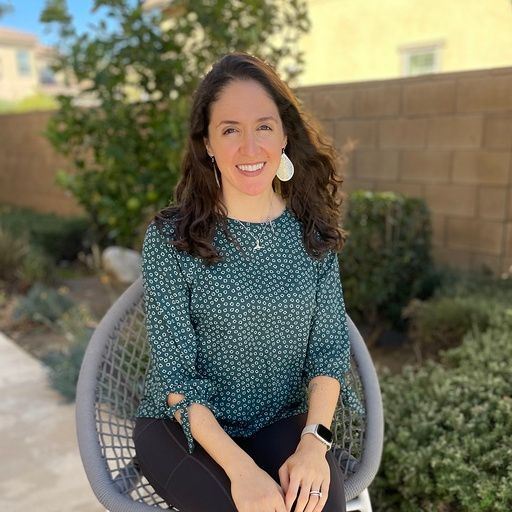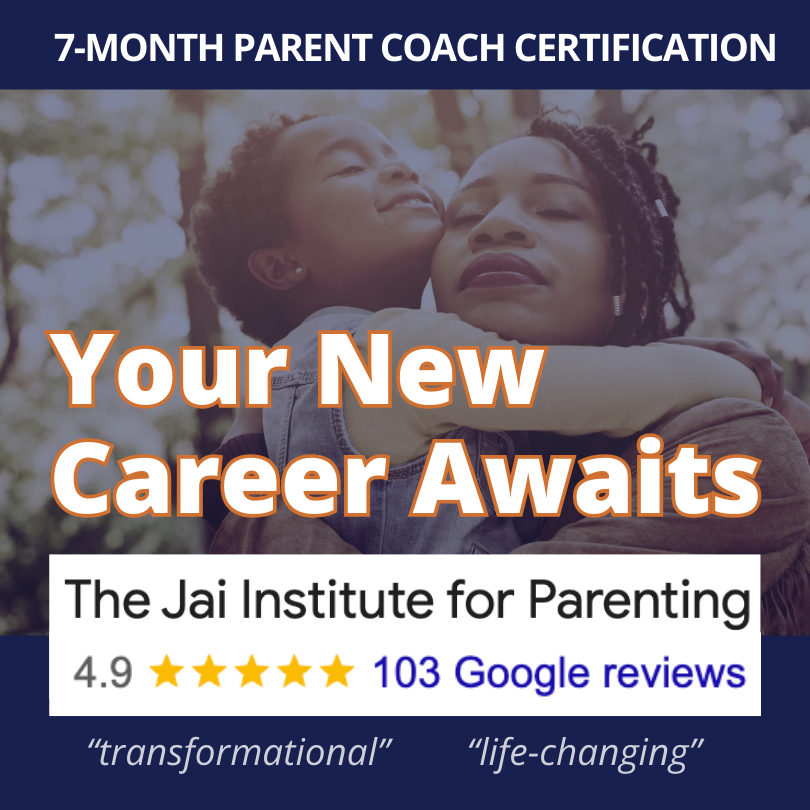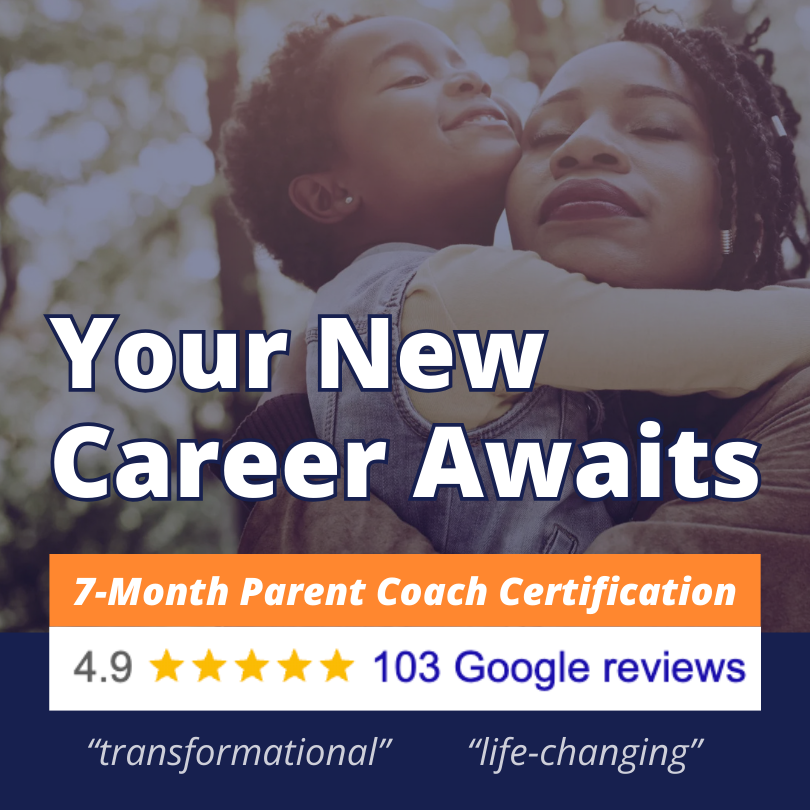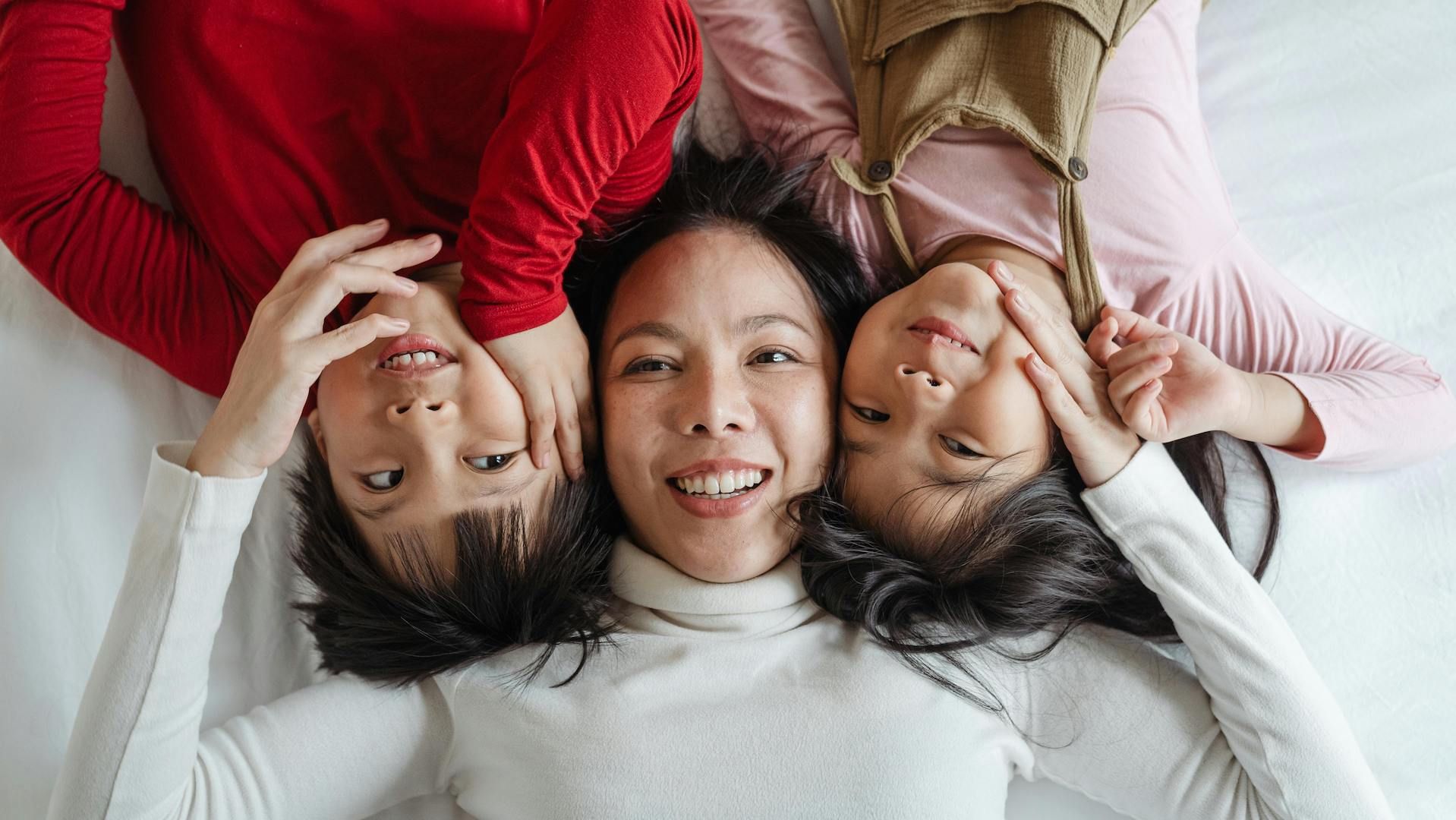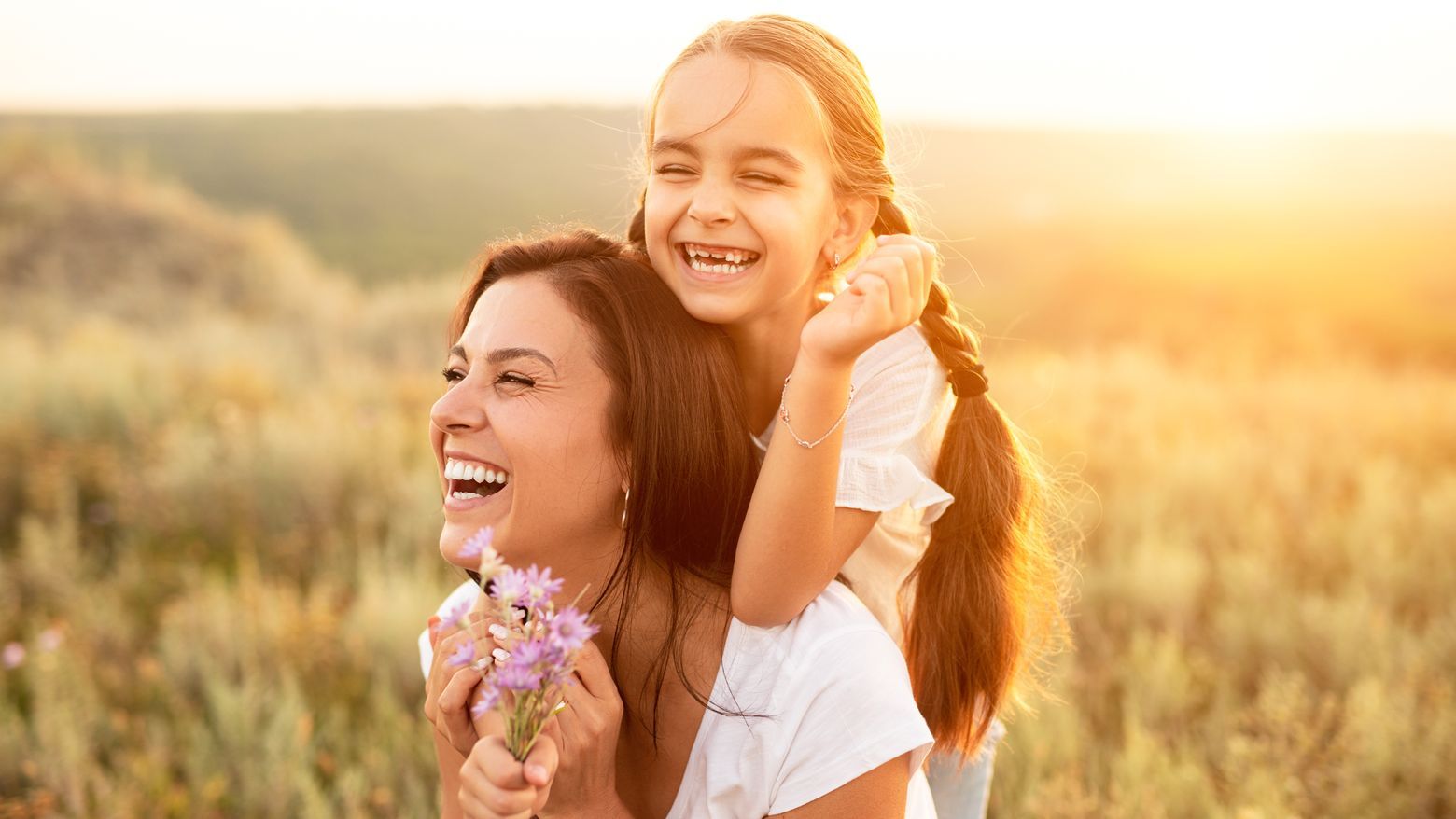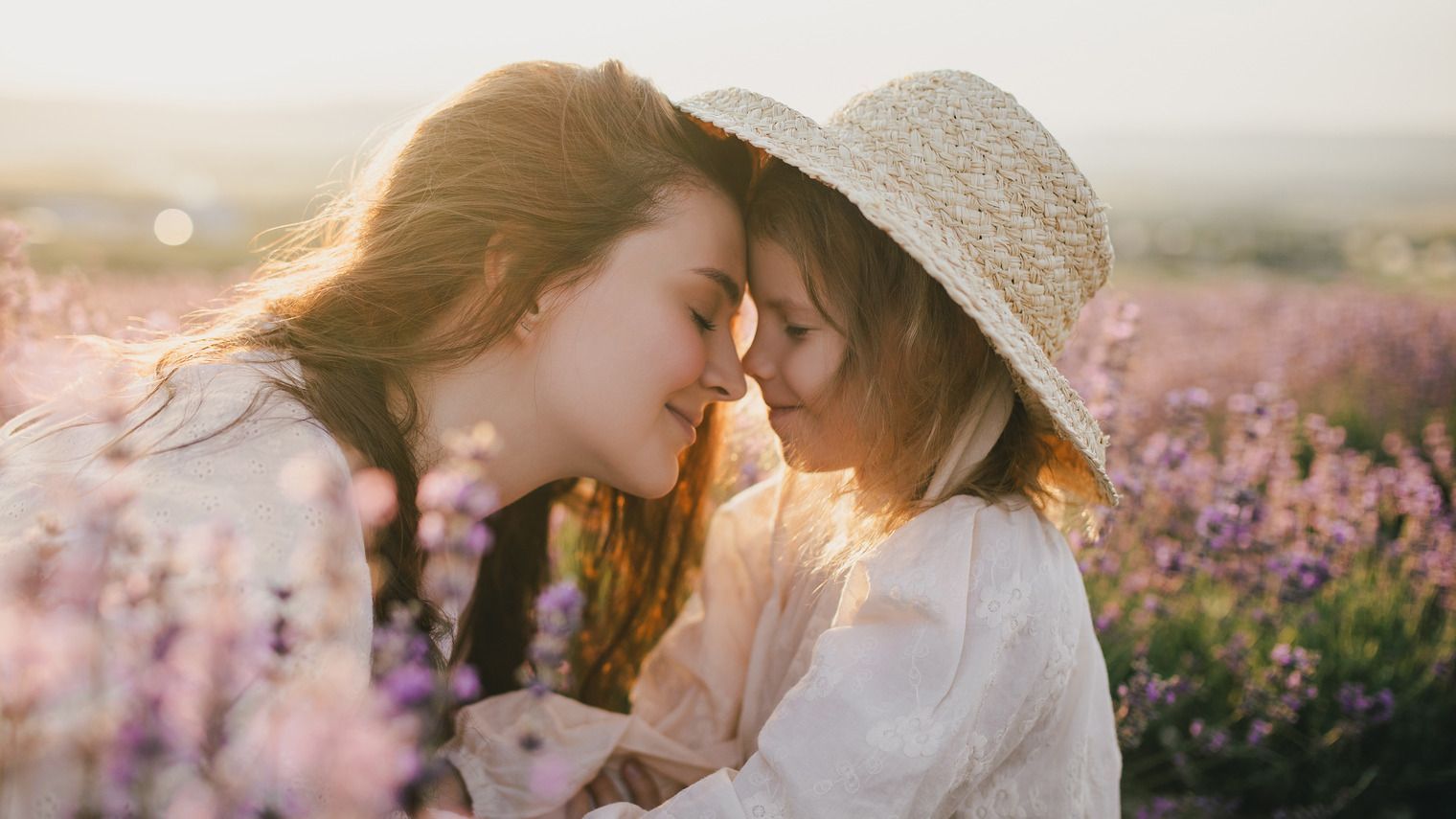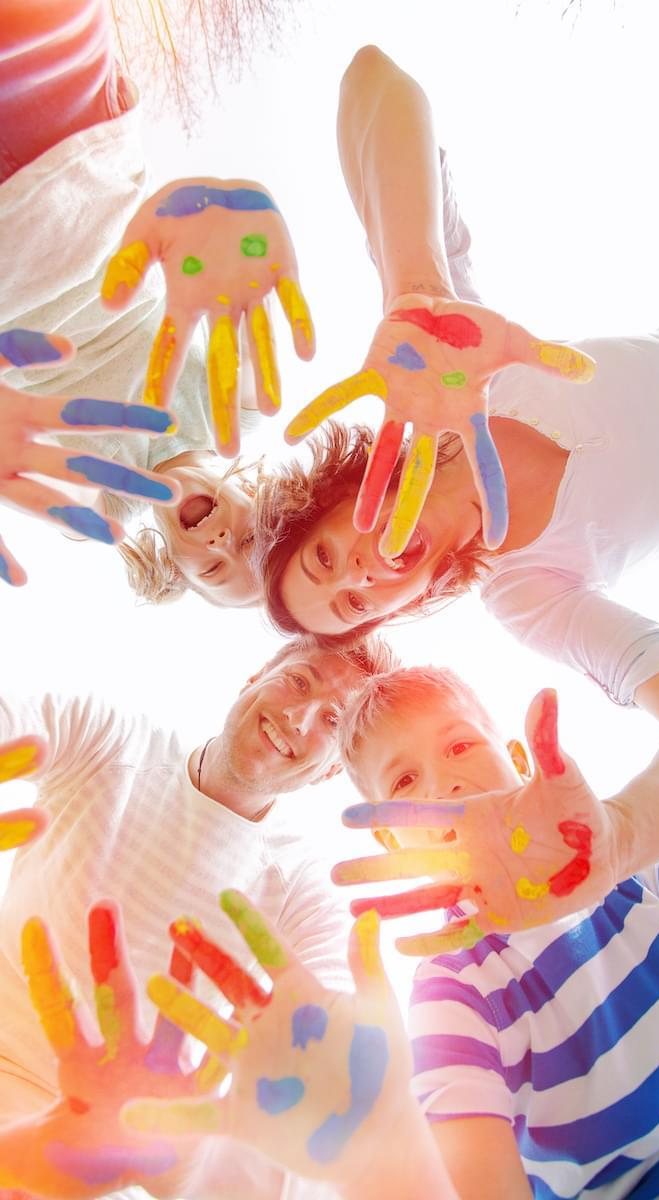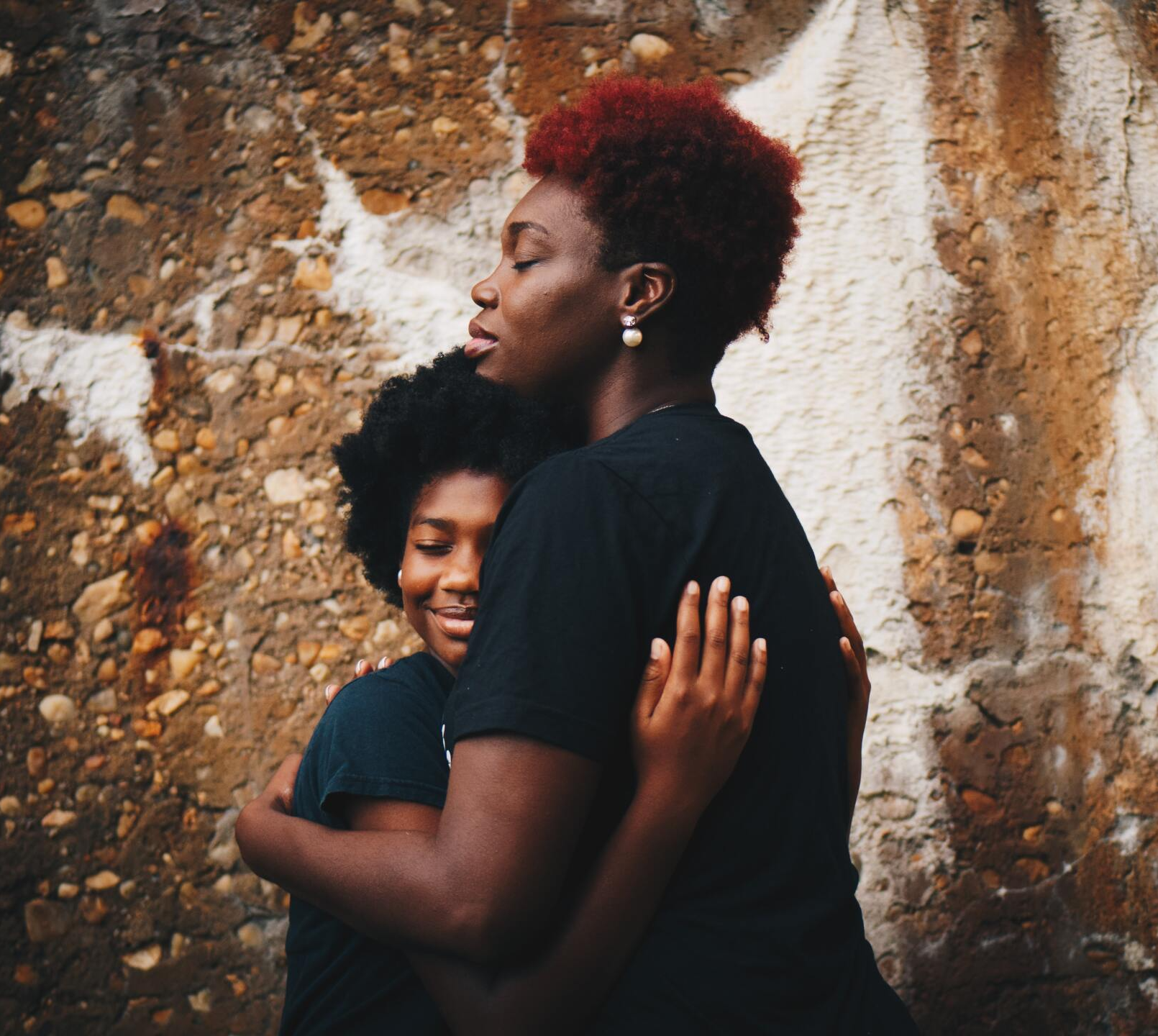Parenting with Intention from Our Visions & Commitments
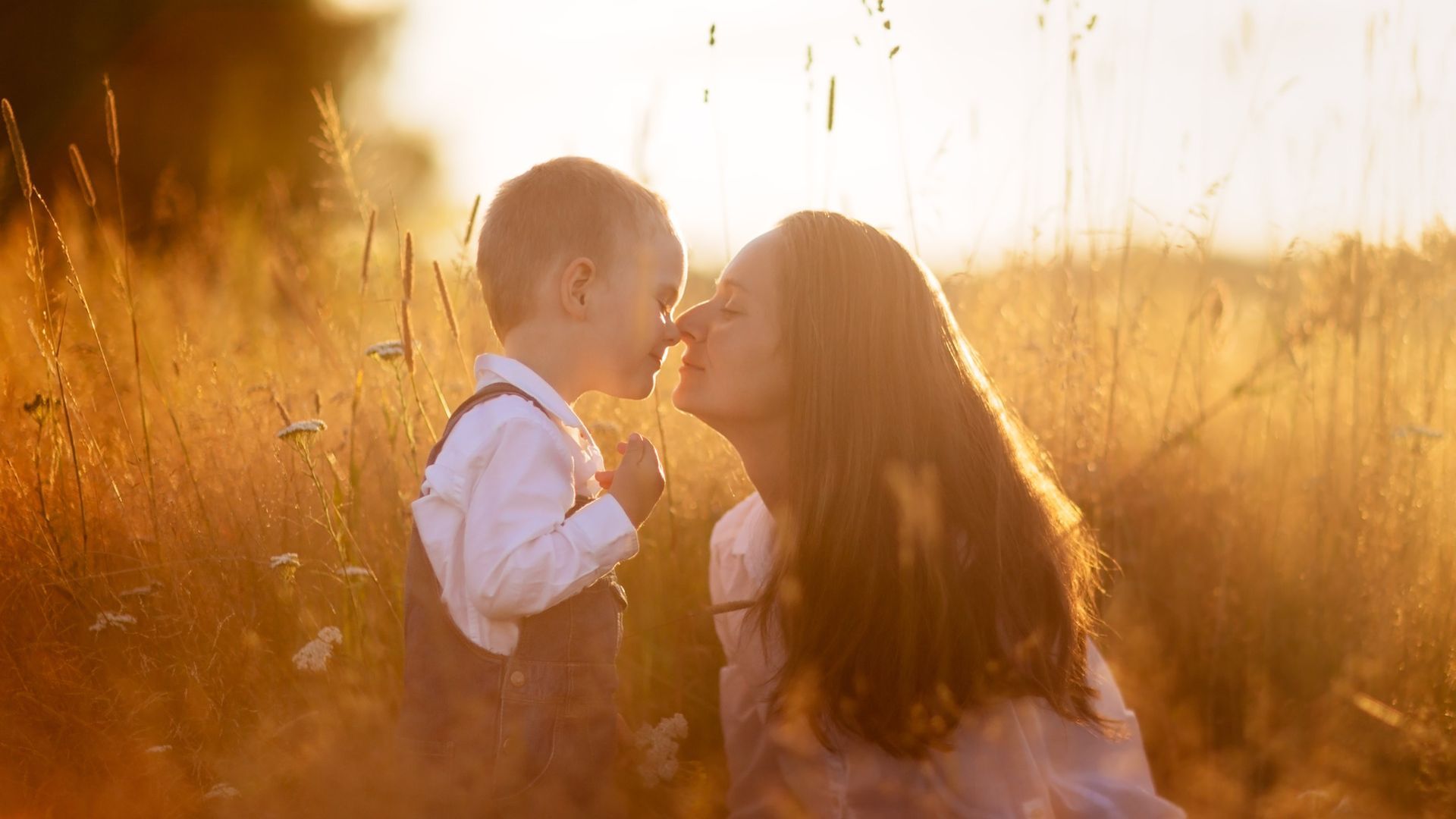
Parenting strategies have long been rooted in reactivity. Parents have led with authority, control, and power for many years. This has created a pattern where parents exert control and power, and kids learn to be “obedient.” By prioritizing obedience in child rearing, we have disempowered our kids from having their own voice and expression. We have under-prioritized cultivating their own unique sense of self.
We parents love our kids, of course. It’s biological to love and take care of our kids. Historically, parents have always done whatever they thought was best for their kids. However, intentionality and confronting patterns have not been a common practice.
We naturally pass on the patterns we learned from our own childhood experiences. If we experienced power and control parenting methods as kids, we will naturally use those methods with our kids. Most of the time, it is subconscious, automatic and hard to change and rewire. It takes time, energy, deliberate choice, and practice. And we’re already tired. So why should we change anything? Didn’t we turn out “okay”?
Let’s Imagine…
Put yourself in the experience of a child. Can you remember a time when you were yelled at or punished by your parents? How did you feel when your parents used the strategy of yelling at you or punishing you? Did it leave you feeling loved, seen, and heard? Did it leave you feeling supported in your journey to becoming your own unique self?
Guessing not, but it could be more complex than that. As we explore this imagining, it’s important to notice the
different ways we can hold boundaries and choose how we discipline or lead our kids. We can make our kids feel bad and alone about their mistakes and ways they don’t live up to our expectations (“How could you do this?!”), or we can discipline with connection and leadership to ensure they understand exactly what is expected of them, how they can live up to those expectations, and how they are supported by us as they develop and grow.
Can you feel how there can be a discrepancy between our loving intentions as parents and what we “teach” and model when we use power, control, shame, and fear methods of parenting? We aim for love and protection, and yet we can leave our kids feeling unloved, unseen, emotionally unsafe, and unheard.
Now, can you revisit that moment as a child when you were yelled at or punished and imagine bringing your adult self there? Can you visualize your adult self offering your child self love, compassion, and grace? What was your child self needing and longing for?
Can you imagine telling your child self: “I am here with you. You are safe.”
Can you imagine offering your child self curiosity? Love? Understanding of your developmental stage when you “misbehaved”? Can you offer support and creative ideas for skill building? Can you feel your child-self’s innocence and your genuine longing to be heard and seen in your behaviors?
Maybe this exercise makes you melt into tears because it feels so good to show up for yourself, or maybe you can’t even access the ability or willingness to try it. Wherever you are is absolutely okay. There is no “right” or “wrong” here – just information that may help you deepen your understanding of yourself and your own growth process.
The more you can show up for yourself and your inner child with love and compassion, the more you can radiate that for your kids. As parents, we have to move from scripts and strategies into embodiment,
nervous system regulation, and presence. Easier said than done, but that’s the work we practice at Jai Institute for Parenting.
Why Do We Parent From Control & Power?
We parents tend to closely examine our child's behaviors with a magnifying glass. We tend to forget that our parenting strategies and reactions are also ‘behaviors’ – expressions of our inner world. Sometimes, our behaviors are less than ideal, immature, and even cruel. Our discipline is often reactionary, stemming from our own moods, being overwhelmed, and our fast-paced lives. Our discipline often models the exact behaviors we are trying to teach our children not to display – like yelling, screaming, and threatening.
If we look underneath our own parenting behaviors of yelling/punishing/using control, we will likely find feelings of
fear and grief that we are experiencing and reacting to in our own inner worlds.
Grief that the moment is not how we hoped it would be. Fear that something bad might happen to our kids. Fear for our children’s future because we want them to live their best lives. Fear that we won’t get it right and we will fail our kids.
Of course, we reach for control when we feel out of control. Of course, we reach for power when we feel helpless or powerless. AND we can learn how to show up for ourselves and address our needs before reacting, which will help create more space for parenting with intentionality and mindfulness.
This is a sensitive area of exploration that can leave us feeling guilty, confused, and activated. As we question our patterns and begin to transform them, there is dissonance and discomfort. Before a caterpillar becomes a butterfly, it literally turns to goop. Transformation can be messy and nonlinear.
We can hold the complexity of our historical patterns, our good intentions for our parenting, and the gaps between our vision and our reality while offering ourselves self-compassion and forgiveness. We can love and accept exactly where we are in our parenting while striving to grow and transform at the same time.
Connecting to Our Parenting Vision
Can you imagine disciplining your kids from a place of conscious leadership rooted in your deepest values, from a calm and sturdy presence, with empowered and effective communication?
One of the most grounding exercises we can do as parents is to create and express our visions for parenting. Our visions anchor us into our growth potential and give us a compass for the path forward.
Do you have your own vision for your parenting? When you close your eyes, can you imagine the ideal relationship you would like to have with your children? What would happen differently than it does now? What would the interactions feel and sound like?
You can connect to and express your parenting vision by:
- Drawing or painting a picture that symbolizes the future
- Writing a story of the future
- Writing your future self a letter
- Writing a list of mantras or beliefs you wish to embody
- Or making a list of goals
Get creative with it!
As you uncover your vision, check in with yourself about where this is arising from. As we heal, our visions can often be affected by our limiting beliefs or unmet needs.
You can ask yourself: do my visions contain any of these?
- Projections/blame onto my child
- Disconnection from reality
- Limiting beliefs I carry for my family/children/myself (“I am not good enough,” or “My child is not flexible,” or “I am/my child is not capable”)
- Avoidance of addressing personal unmet needs (“I imagine my kids listening to me so things would be easier” instead of looking at deeper layers present within the dynamics and your own personal responsibility in the relationship with them)
Parent Coaching is a beautiful way to get support for connecting with these visions. Learn more about
our coaches
or
how to become a coach.
Parenting with Intention from Our Vision
Once we have a vision of where we are headed, we can create a map. We can step into our future growth and development as leaders of our family, one step at a time. Once we address our limiting beliefs and the stories behind our behaviors, we can begin to open up a well of new creativity for how to parent. We can begin to parent without scripts or strategies and instead from embodying our vision naturally. The potential is infinite (but note: not easy), and it lives in our dedication and commitment to our parenting.
We now know that parenting can be done in a way that bridges the gap between the love we have for our kids and the unconditional love and security we present to them so they can feel it and know it, too. We get to move our parenting tools from control to connection. We get to embrace deeper relationships with our kids. We get to begin to
heal the generational patterns of our lineage. Changing these patterns is challenging and requires commitment, humility, practice, and self-forgiveness. We will mess up. We will step off the path. We will move into our old patterns. We will regress. Again and again. And then, we will repair and get back on the path. Together, we will keep striving towards the vision—one step at a time.
Looking for a place to start on your journey? Dive into our free online class,
The Path to Empowered Parenting!
Meet Your Author, Marissa Goldenstein
Marissa Goldenstein, a Jai Certified Master Parent Coach, is devoted to guiding parents toward mindfulness and joy in their parenting journey. Marissa demonstrates a proven commitment to innovative education, having a history as a co-founder of a visionary elementary school that focused on cultivating changemakers through curiosity, connection, and community. Leveraging her MBA and an MA in Experimental Psychology, she seamlessly integrates both business and human development insights into her coaching practice.
Beyond coaching, Marissa embraces mindfulness in her own parenting alongside her partner and their two sons, engaging in family dance parties and adventurous learning experiences whenever possible.
http://marissagoldenstein.com
READ MORE:
Curious for more?


